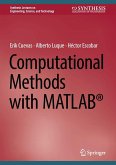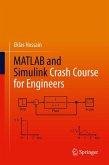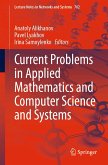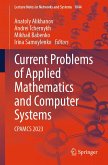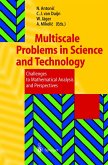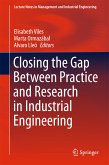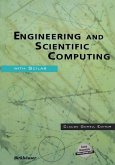MATLAB Lessons, Examples, and Exercises: A Tutorial for Beginners and Experts is a book for anyone interested in learning MATLAB, a popular programming language used in mathematics, engineering, and science. Whether you're a student, instructor, engineer, or technical professional, this book provides easy-to-follow lessons, examples, and exercises in each section of every chapter, emphasizing writing and executing code to help you become proficient in programming with MATLAB. Different colors make the code, outputs, and program descriptions more straightforward to read to improve reader comprehension. The book covers all the essential functions of MATLAB that are needed in math, engineering, and science, and it explains the math behind each function so you can apply them to solve real-world problems. Whether you're new to programming or an expert, this book offers clear explanations, diverse examples, and hands-on exercises to help you improve your MATLAB programming skills and understand how to use MATLAB in various fields.
- A valuable hands-on and concise book covering all the necessary reference functions of MATLAB;
- Offers detailed lessons, a variety of examples and exercises, and clear explanations;
- A tutorial for beginners and professionals in mathematics, engineering, and science.
Dieser Download kann aus rechtlichen Gründen nur mit Rechnungsadresse in A, B, BG, CY, CZ, D, DK, EW, E, FIN, F, GR, HR, H, IRL, I, LT, L, LR, M, NL, PL, P, R, S, SLO, SK ausgeliefert werden.



